It’s a simple question:
In the last twenty years, the proportion of the world’s population living in extreme poverty has:
- almost doubled?
- remained more or less the same?
- almost halved?
When you ask that question of people around the world, very few get the answer right. In fact, only 7% give the correct answer, which is C. Yes, poverty has dramatically fallen in the last decades. It’s a remarkable achievement that’s hard to overstate.
In 1800, 85% of the world’s population lived in extreme poverty. Even as recently as 1966, the number was still 50%. Today, it’s down to 9%. We’ve almost eradicated one of the worst scourges of the human condition, and most people don’t even know it. Even smart, educated people living in developed countries around the world are ignorant of this great achievement. Why such unfamiliarity with how the world is changing? Why are we so misinformed about such a fundamentally important aspect of our planetary health?
This is the question at the heart of Hans Rosling’s recently published book, Factfulness: Ten Reasons We’re Wrong about the World and Why Things are Better Than You Think. Rosling died in 2017, a sad loss for all of us who came to love his creative and data-driven style of showing how modernity has transformed the world for the better. In Factfulness, published posthumously, Rosling details all the many ways in which things are improving, and how blind most of us are to those facts. From population growth, to endangered species, to poverty, to health, to child labor, to natural disasters, to energy access, Rosling cheerily expands on the ways in which progress has been not only remarkable but near universal over the last two centuries. He joins commentators like Stephen Pinker in the noble effort to factually counter the all-too-common pessimism that pervades the media, popular culture, and certainly the intelligentsia.
Rosling calls his approach “data as therapy” and he’s got oodles of data to share. As readers will discover, good news is indeed therapeutic. It’s nice to be reminded that population growth rates are falling around the world, that child mortality rates have gone through a massive reduction, that women’s education has rapidly increased all around the world in our lifetimes Those are wonderful developments—signs of ongoing cultural evolution. Is there further to go? Of course! But so few even realize how far we’ve come.
In my 2012 book Evolutionaries, I write about the need to break free of the “spell of solidity,” a mental tendency to see things, places, people, and events around us as being fixed, static, and unchanging. We so quickly forget how malleable human culture actually is—over the long term. Make no mistake, this is a dangerous cognitive delusion. When we convince ourselves that “nothing ever changes,” it saps our optimism and confidence in the possibilities of the future. We reach for unrealistic solutions, reactionary populism, or even messianic hopes and dreams. Rosling is a human antidote to the “spell of solidity” at a cultural level. He breaks that cognitive spell and helps us see just how much positive change is happening under our very noses, even as well-meaning individuals from Tokyo to Toronto bemoan the sad state of the world.
So why all the glum? Rosling suggests that the problem has to do with certain human instincts, and he outlines a few in the book—the fear instinct (the tendency to give undue attention to things we are hardwired to fear), the destiny instinct (the tendency to believe that culture and history are destiny), and several others.
What Rosling doesn’t exactly say is that our trouble with facts often comes down to being stuck in ideologies—ideologies shaped by our worldviews. If we believe that modernity is bad—that urbanization, technology, and markets are a “sordid boon” (in the words of Wordsworth)—it may lead us to imagine a world careening toward inevitable trouble and strife, no matter the facts. The media, so quick to highlight all the dramatic things that are going wrong in the world, only compounds the problem. Politics don’t help either. On one hand, too many conservatives look at the past with a rosy lens, under-appreciating the profound, positive changes that have occurred in recent decades. And on the other hand, too many progressives are anxious to highlight the problems of modernity—environmental damage, poverty, climate change, inequality— entirely missing the massive developments that are already solving so many of those very issues.
It’s important to remember that the factual illiteracy that Rosling describes is actually worse than simple ignorance. Remember, most people answering his questions about the world aren’t just randomly guessing. If they were, the accuracy percentage would be much higher. On the contrary, they actually have a perception of the world that is far worse than the facts reveal. And when we are ideological pessimists, for whatever reason, there are always plenty of worthy candidates to which we can attach our gloom.
Rosling is neither an ideological pessimist nor a naïve optimist. He doesn’t deny that some trends are troubling—from political strife to environmental concerns to potential economic landmines. In fact, he spends considerable time discussing climate change, expressing his deep concern about the realities of carbon dioxide emissions and their future impact, but he also laments the fear-baiting and speculative exaggerations of some climate activists. Interestingly, he points out that people’s basic knowledge about climate actually exceeds their knowledge about other global issues. If you ask people if the world of the future will be getting colder, warmer, or stay the same, 86% pick “warmer.” In other words, there’s little real confusion about what scientists are telling us. Contrast that with the sobering truth that only 5% get the question on extreme poverty right.
Today, in progressive culture, I’ve noticed that people often resist “good news” out of a fear that it will somehow impede progress. Indeed, even for those who will openly (or grudgingly) admit the facts, there is a hesitancy to acknowledge the positive implications and celebrate the result. The concern is that it will breed complacency about making further progress—that we will lose the motivation to improve if we become too conscious of the gains already made. That concern is not only ill-conceived; I think it is also counterproductive. It can exacerbate a non-factual pessimism that doesn’t do us any favors when it comes to policy or politics.
To my mind, anything we can do to pierce the prevailing pessimism about positive change and break the “spell of solidity” about cultural evolution is welcome. Delusion and ignorance is never a good basis from which to confront the real problems of the world, much less improve them. Global culture is developing and evolving. While that progress is never inevitable, it is measurable and ongoing. That alone should inspire, inform, and encourage us—even as we confront significant new problems of today and tomorrow. It’s a shame that Rosling is no longer around to be the engaging avatar of that progress, armed with data, charts, and a bubbling enthusiasm, somehow managing to surprise and delight with nothing more than the simple revelation of reality.

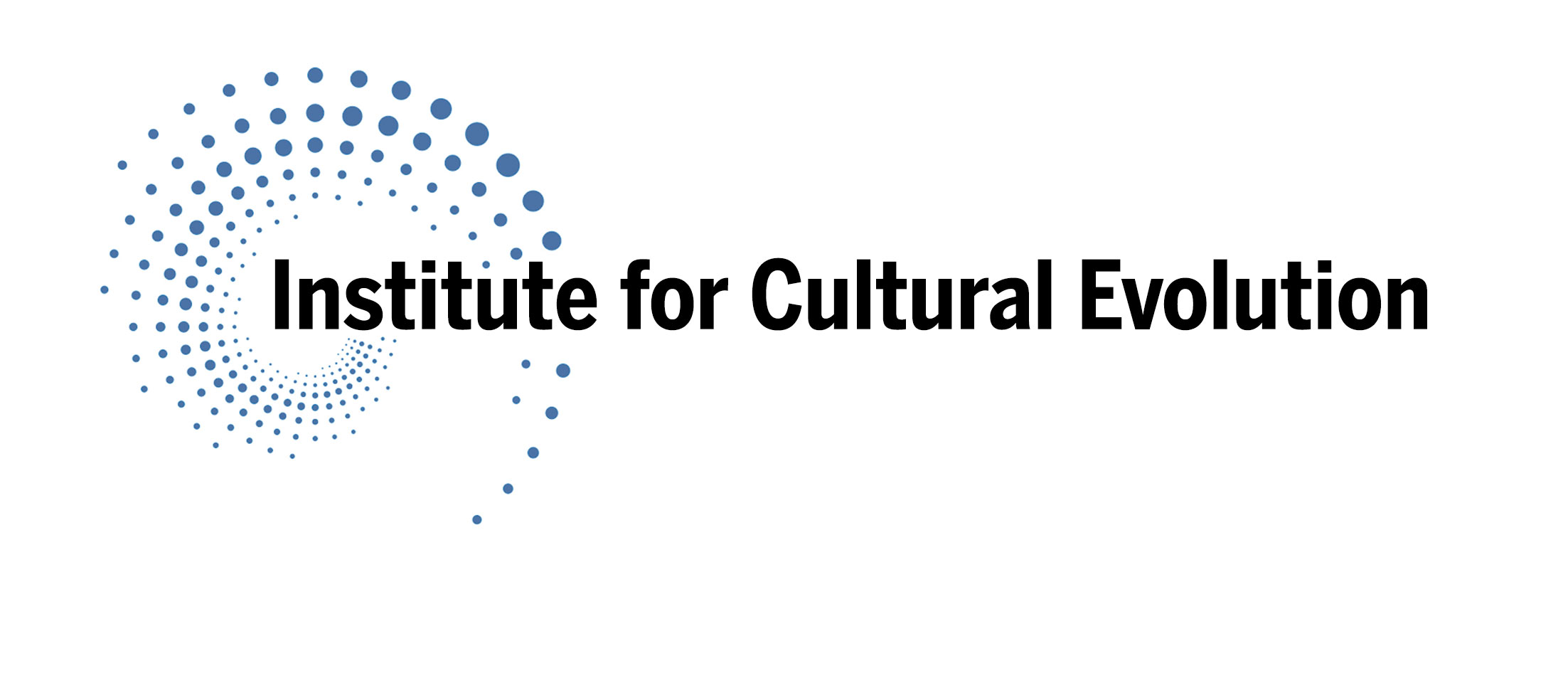


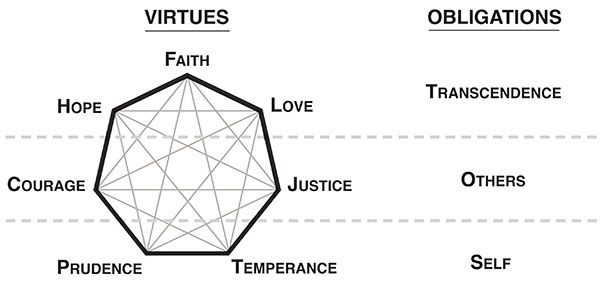
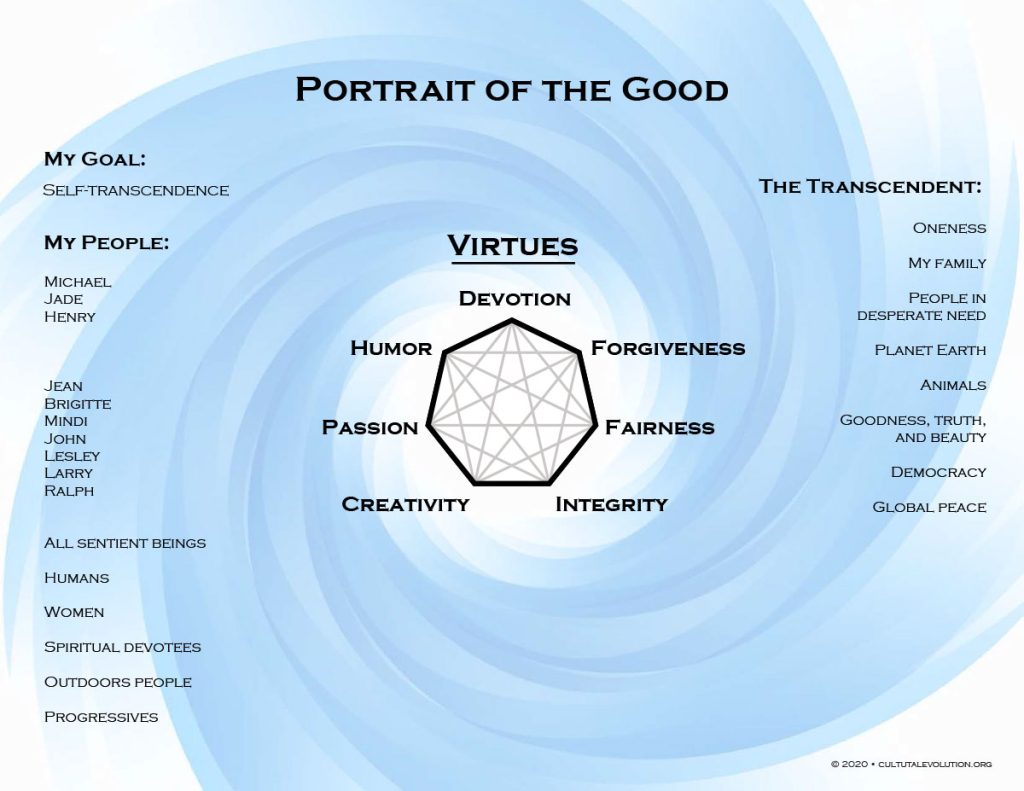
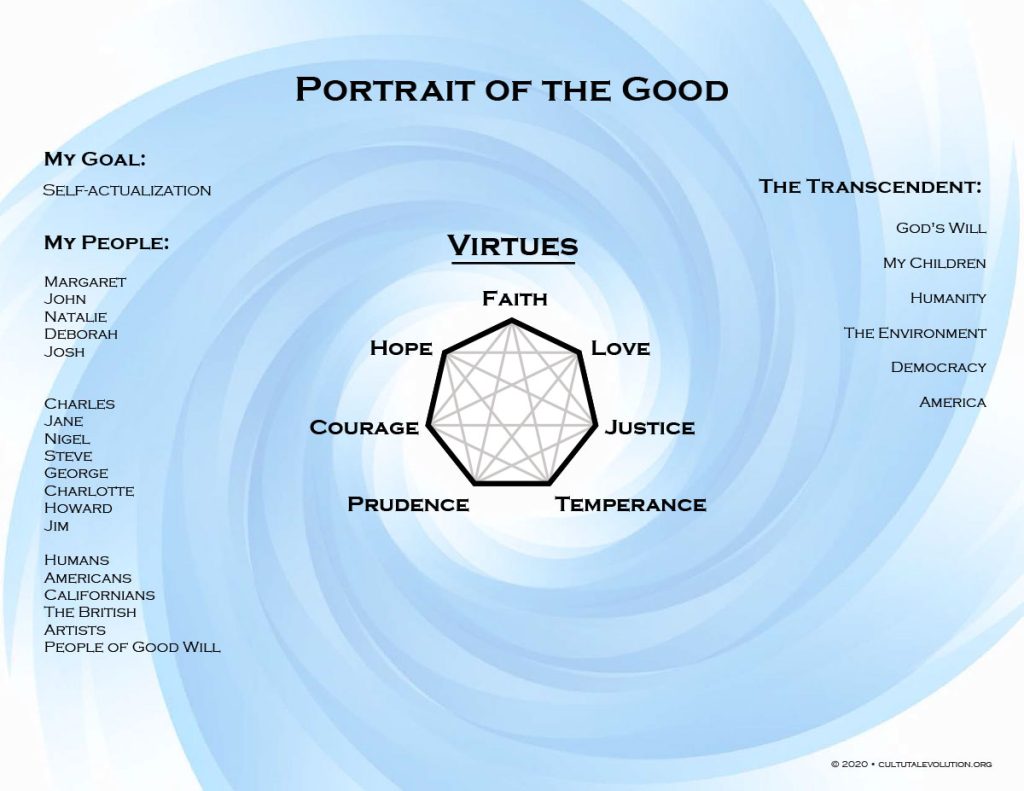
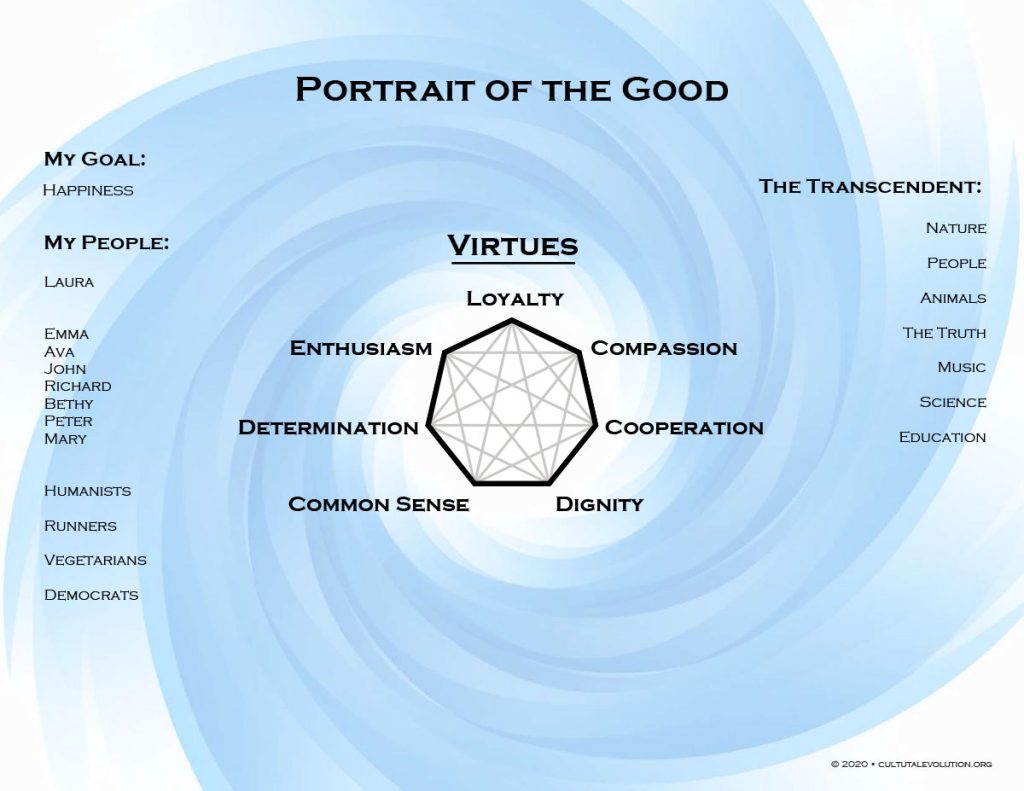
Carter, thank you for writing about Hans Rosling. It is a pity that he is gone. I have heard many of these positive statistics from Peter Diamandis of Singularity University, so there are voices that continue. It is important that we not give in to despair. Reality is malleable as you say.
Thank you for this article. I think it is very important to remember the progress that is going on.